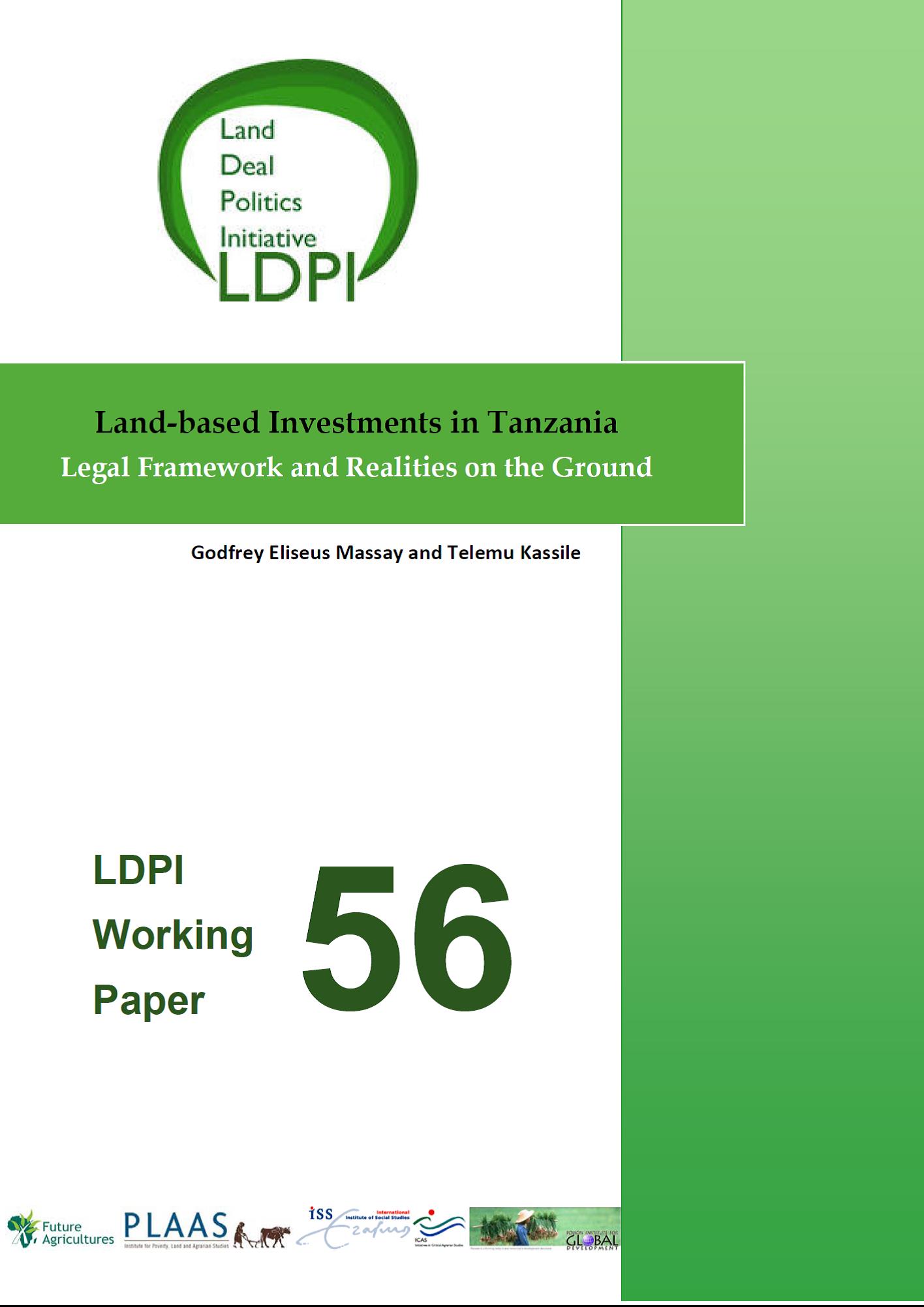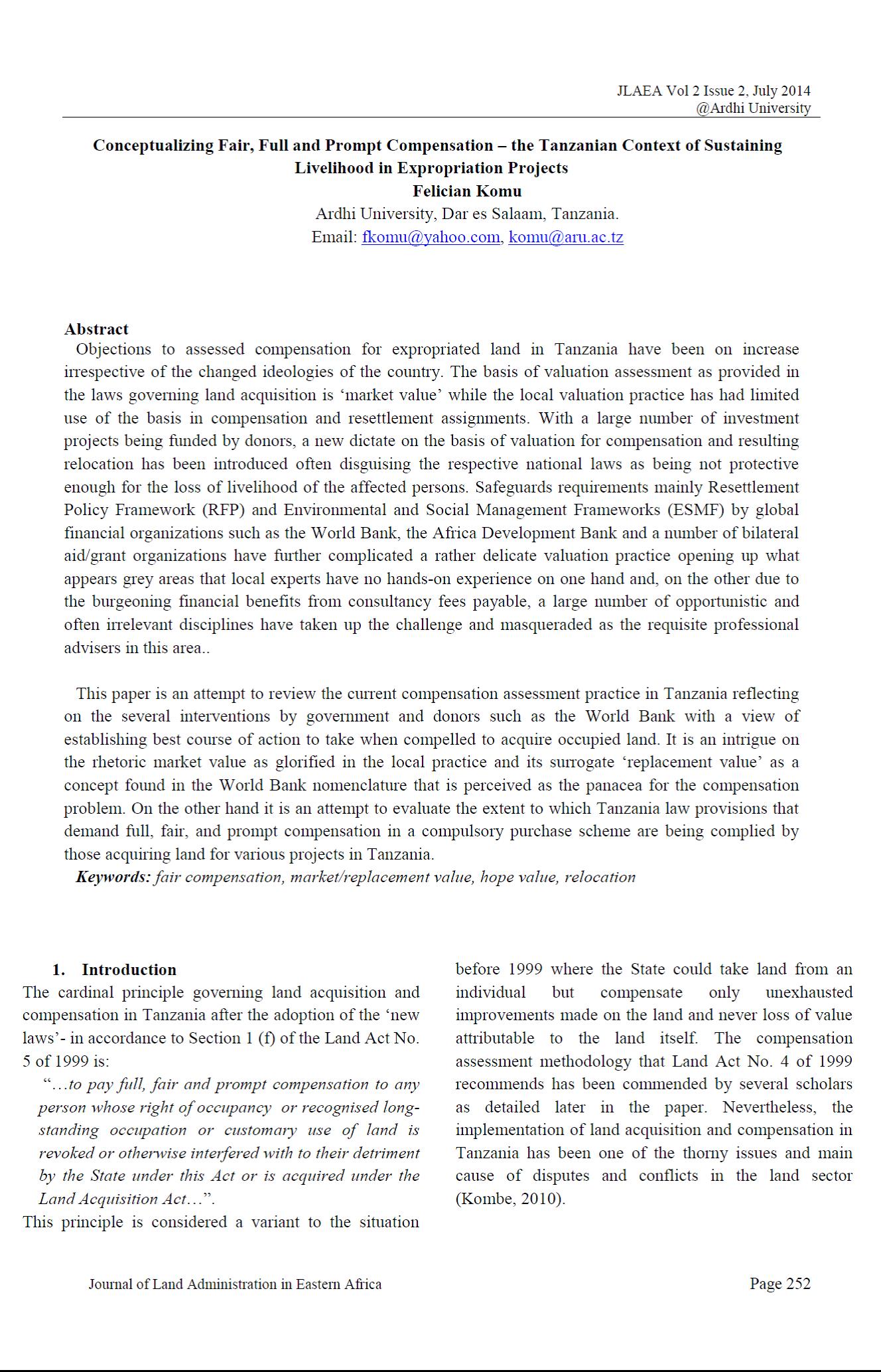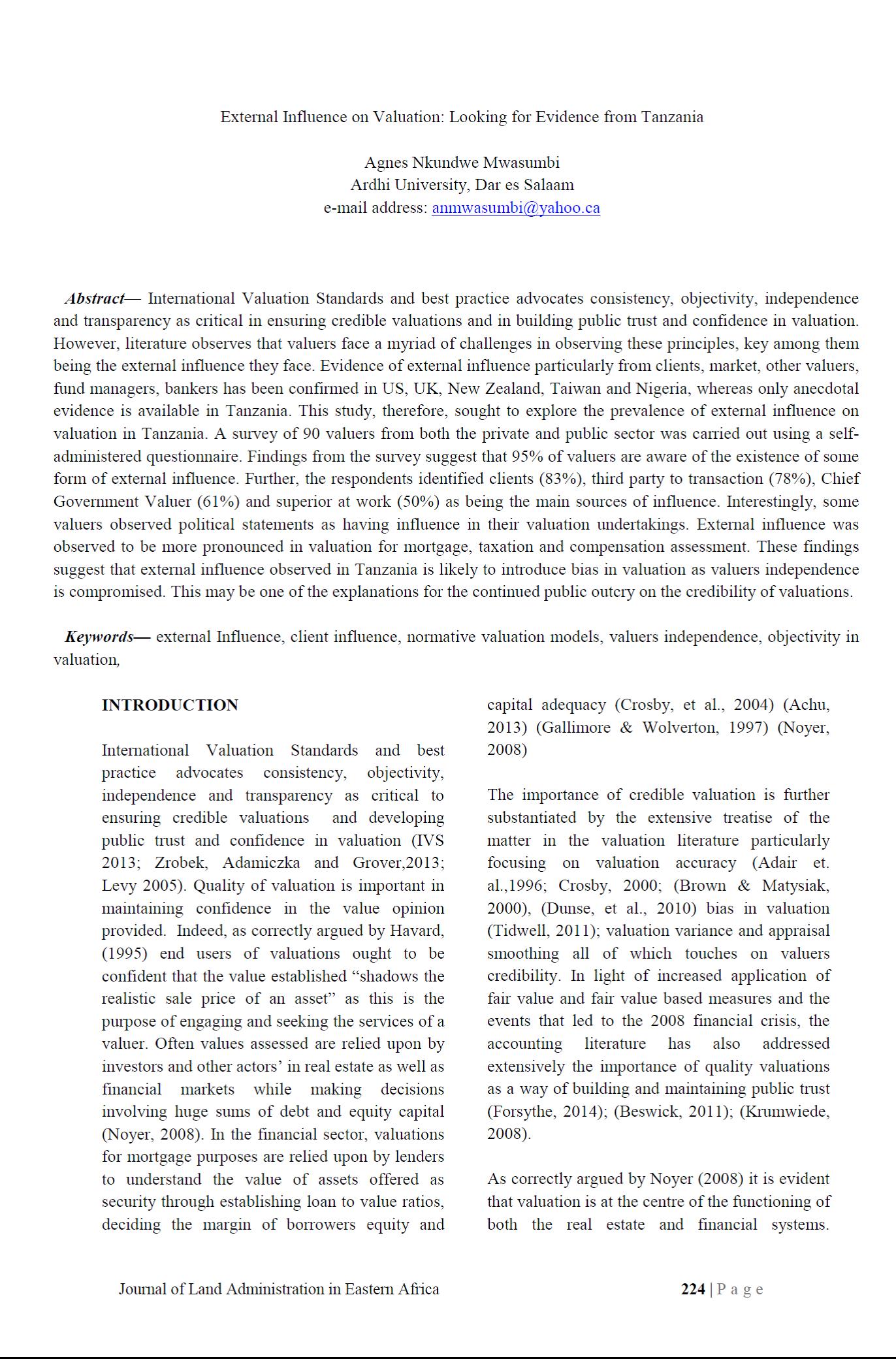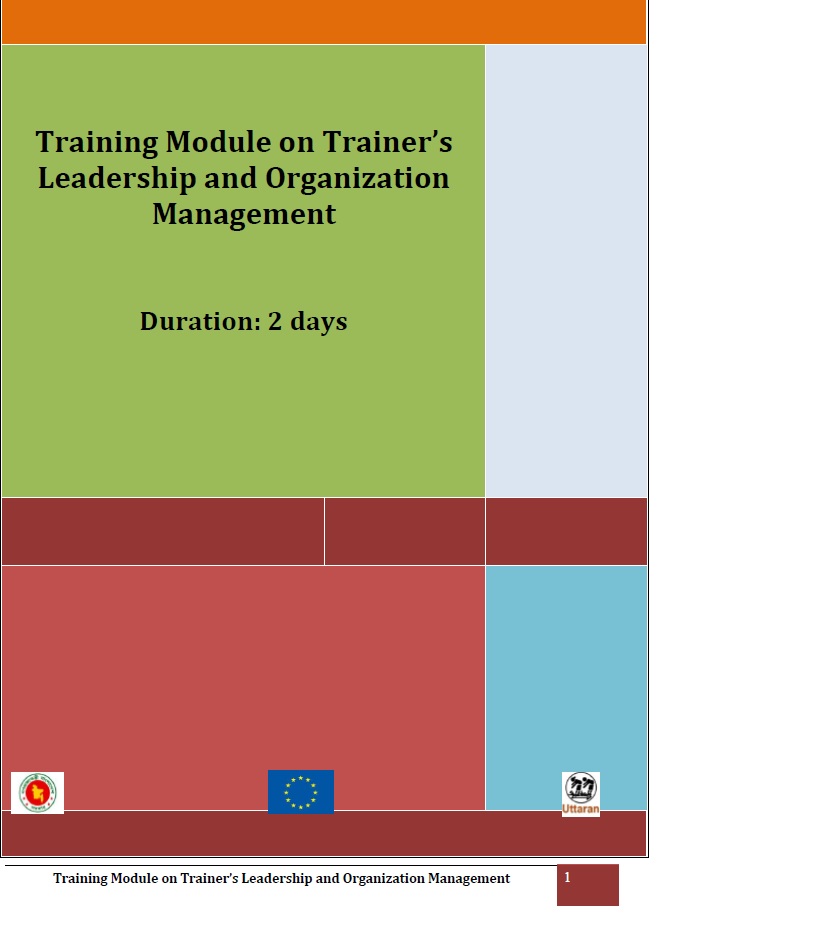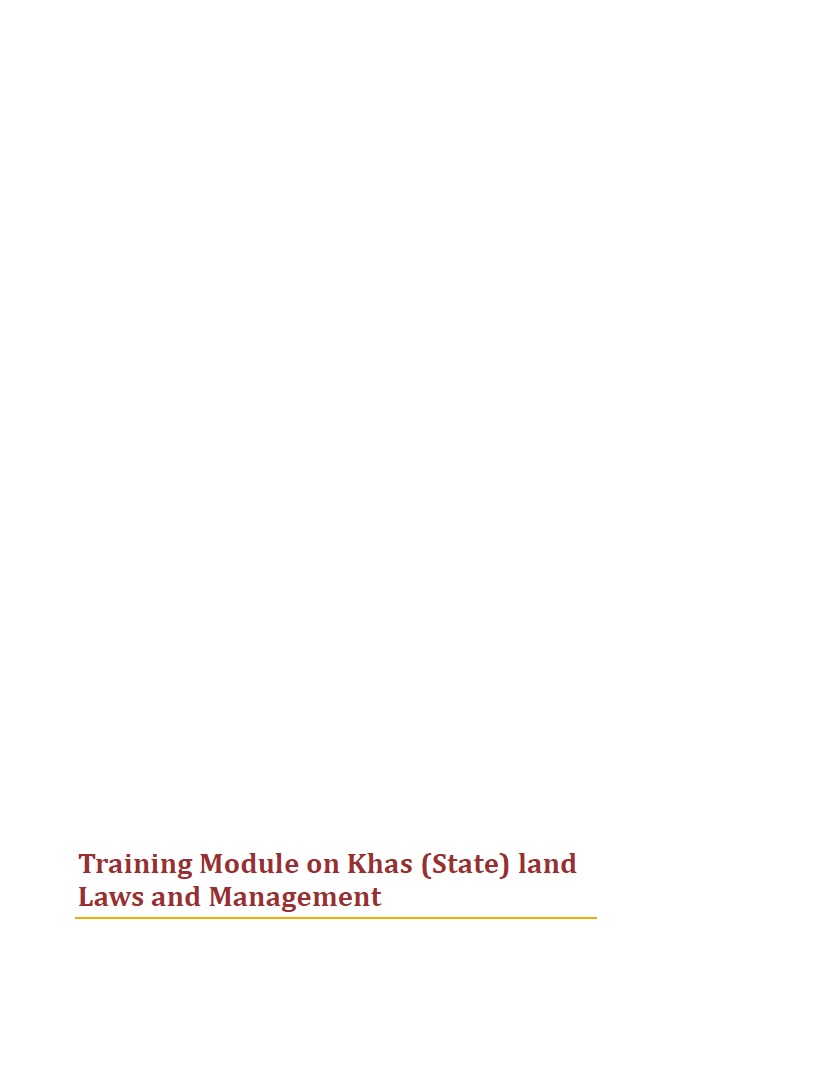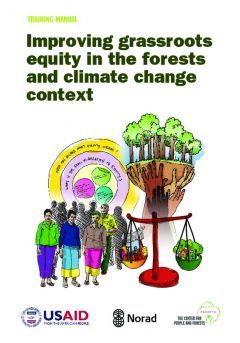Land & Property Rights
The women Land Rights Project is a project of Kenya Land Alliance that aims at actualisation Women land and property rights, as provided in the Constitution of Kenya, 2013 and as a means towards poverty alleviation. This considering the fact that, in Kenya where the foundation of most communities is Agriculture and livestock production, women contribute up to 80% of workforce yet they only hold 1% of registered land in their names and around 5-6% of registered titles are held in joint names (Kenya Land Alliance, 2013).


